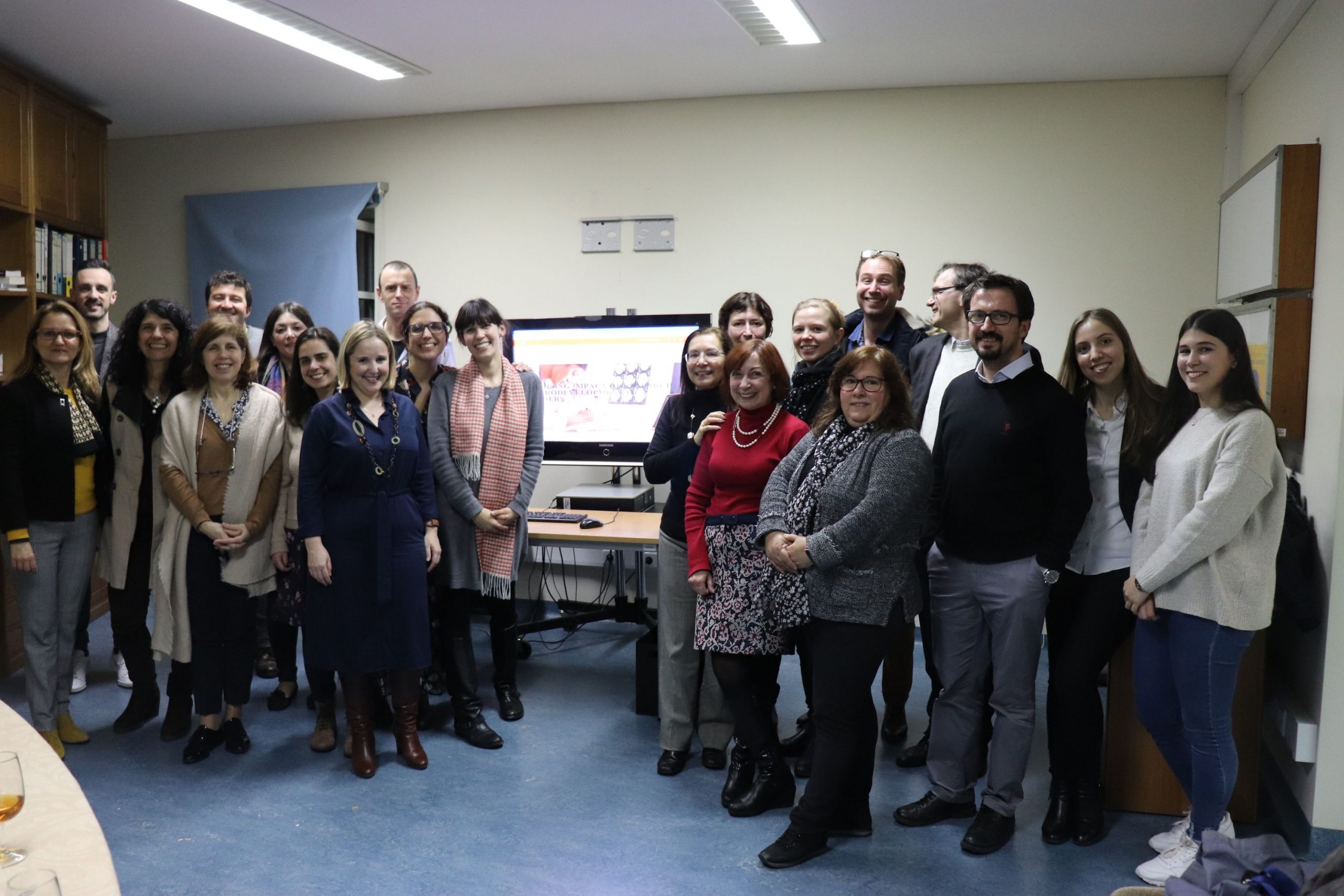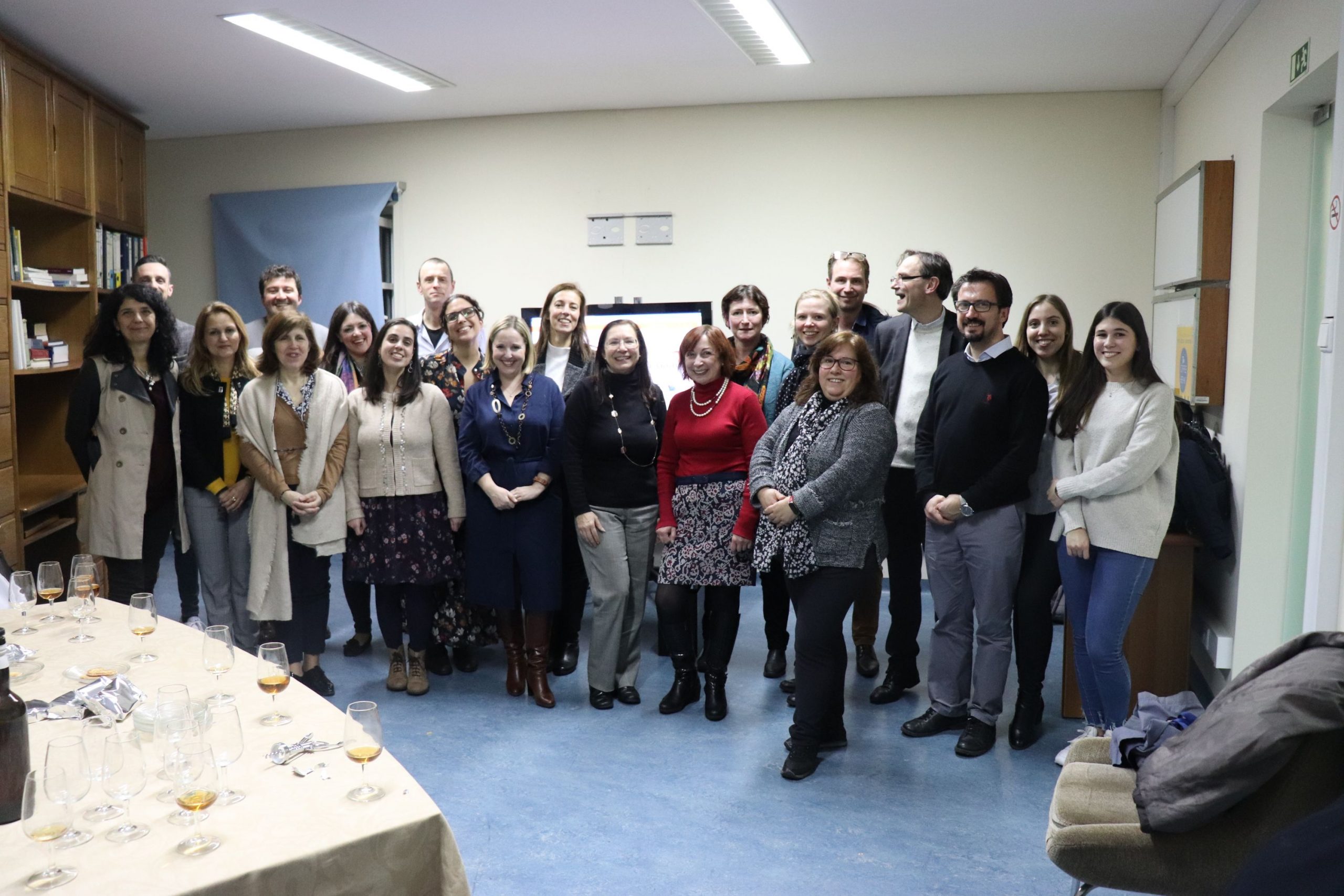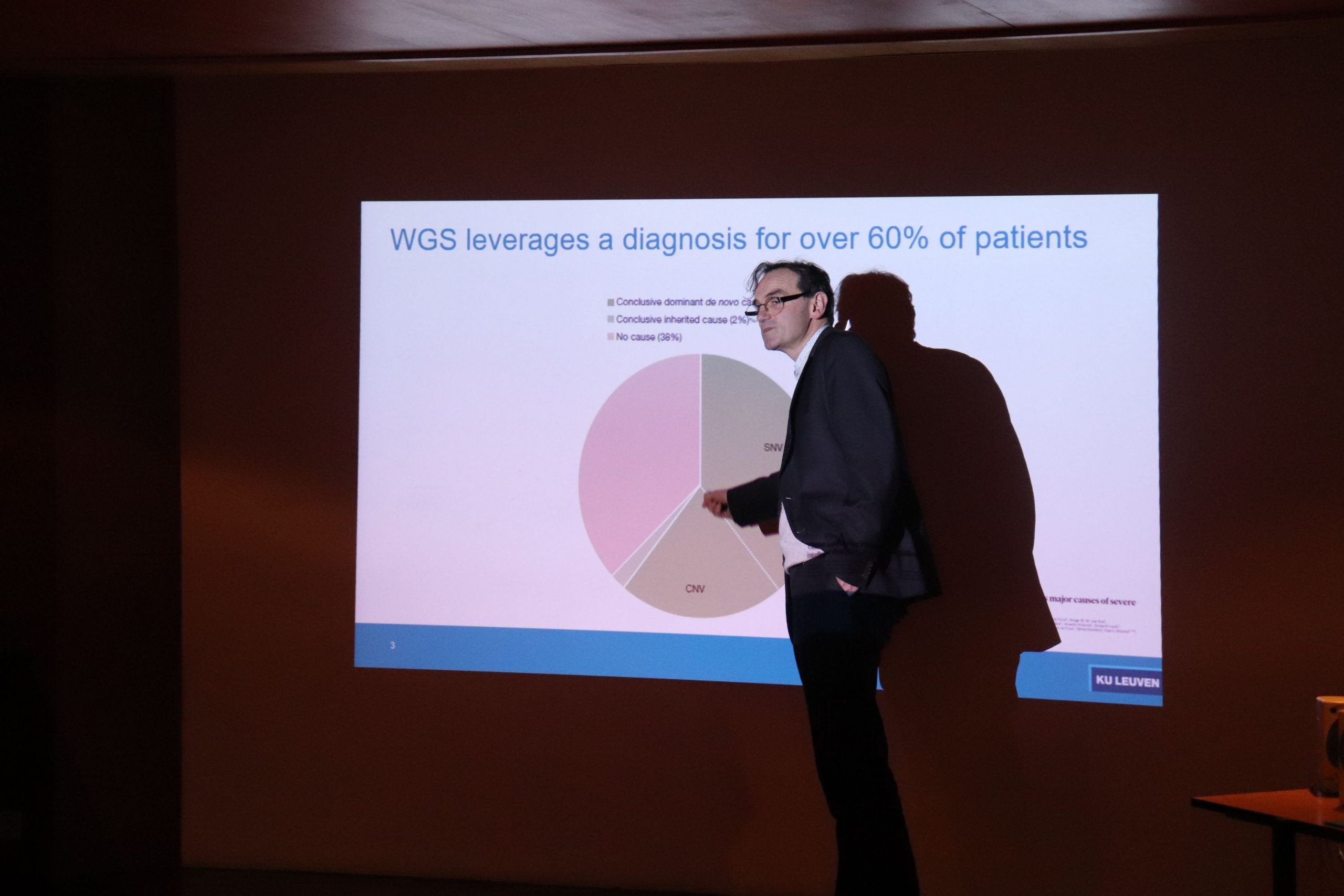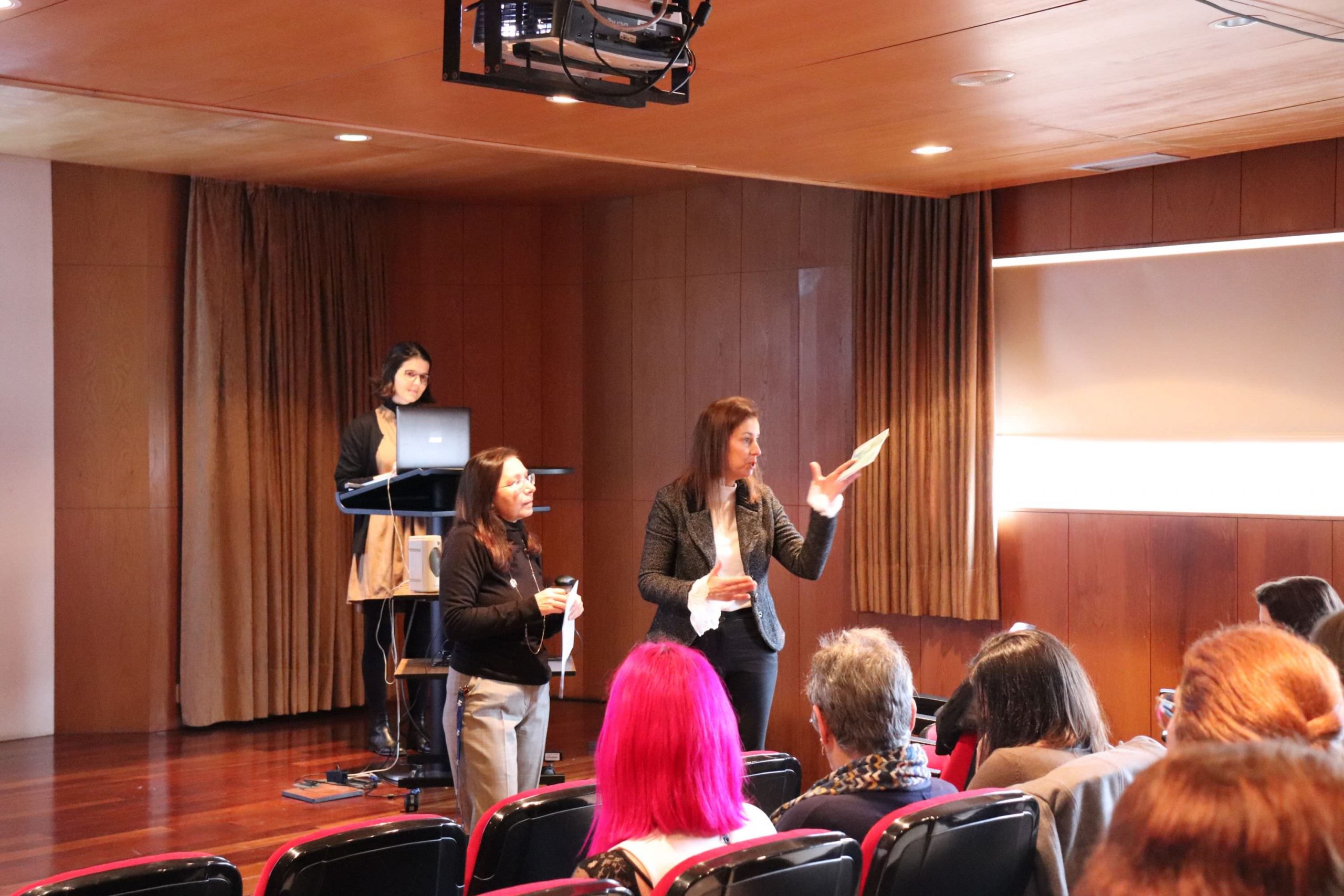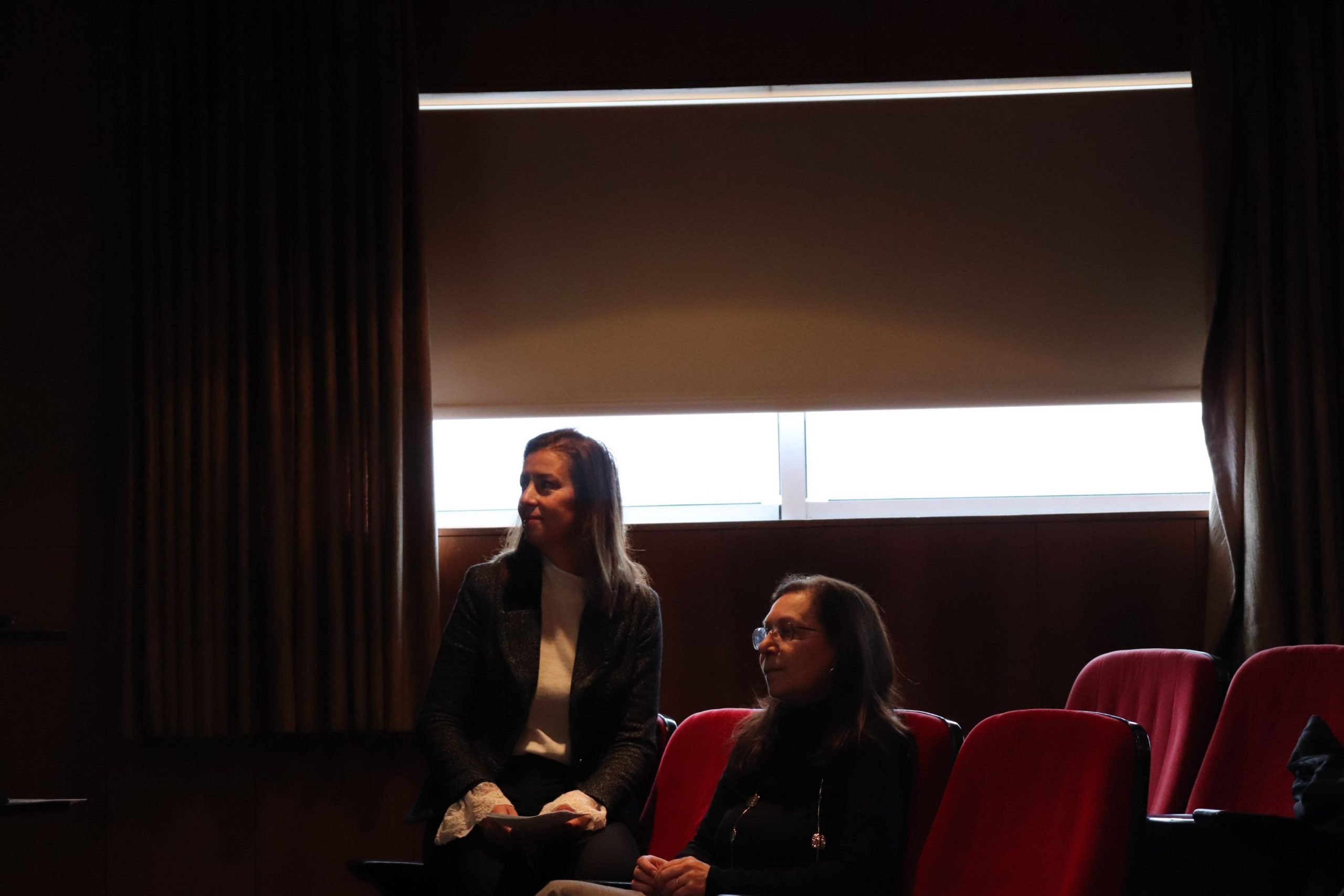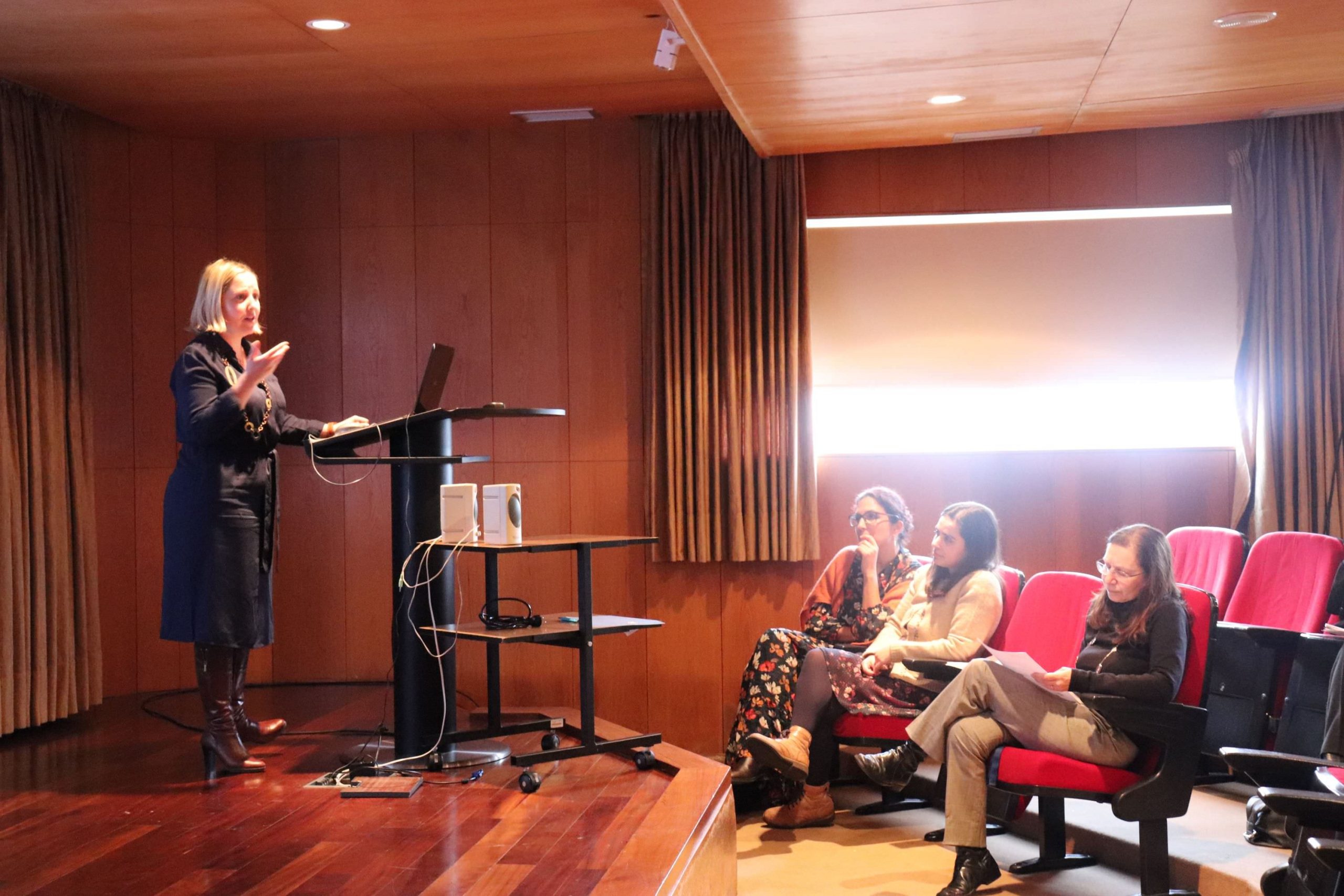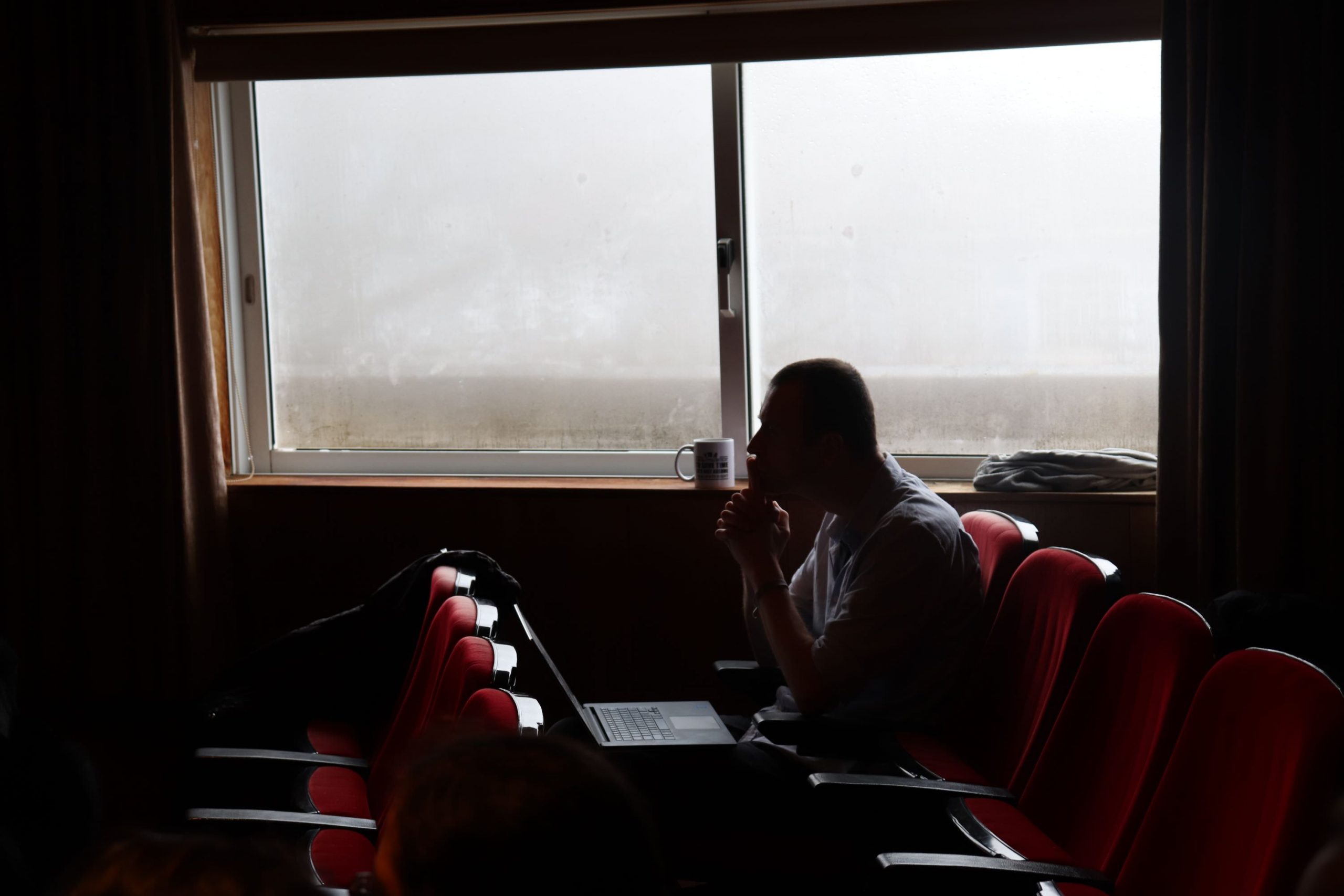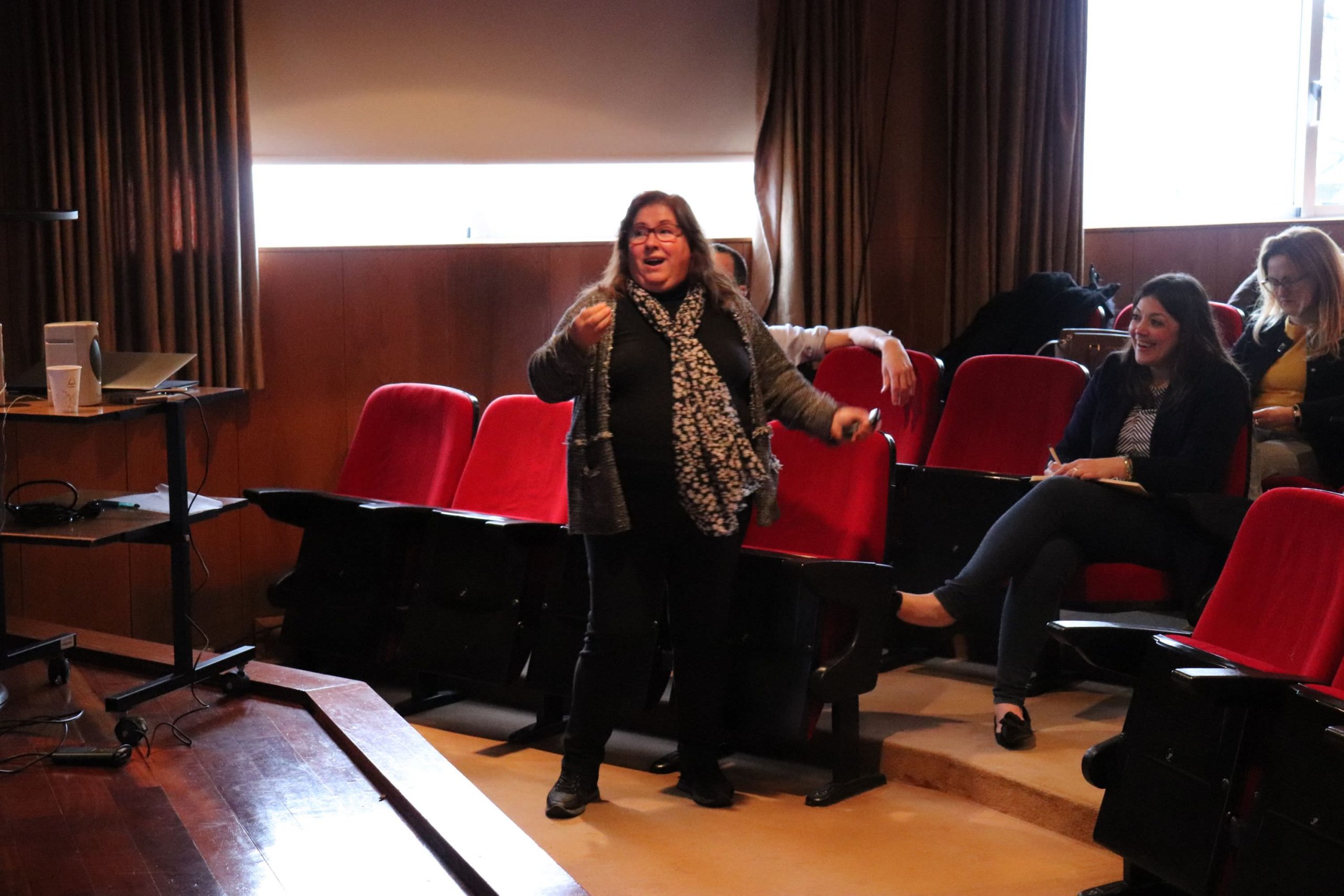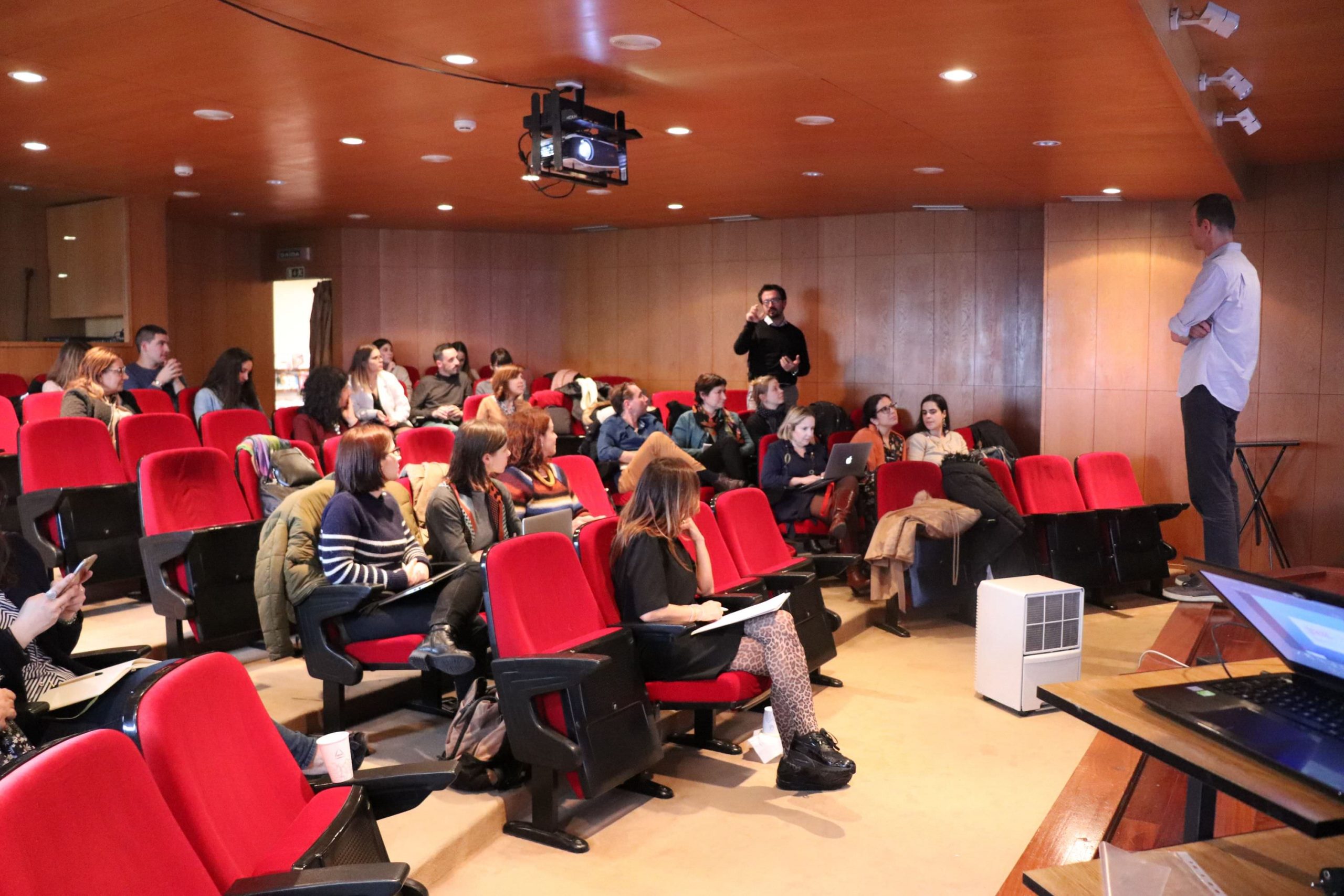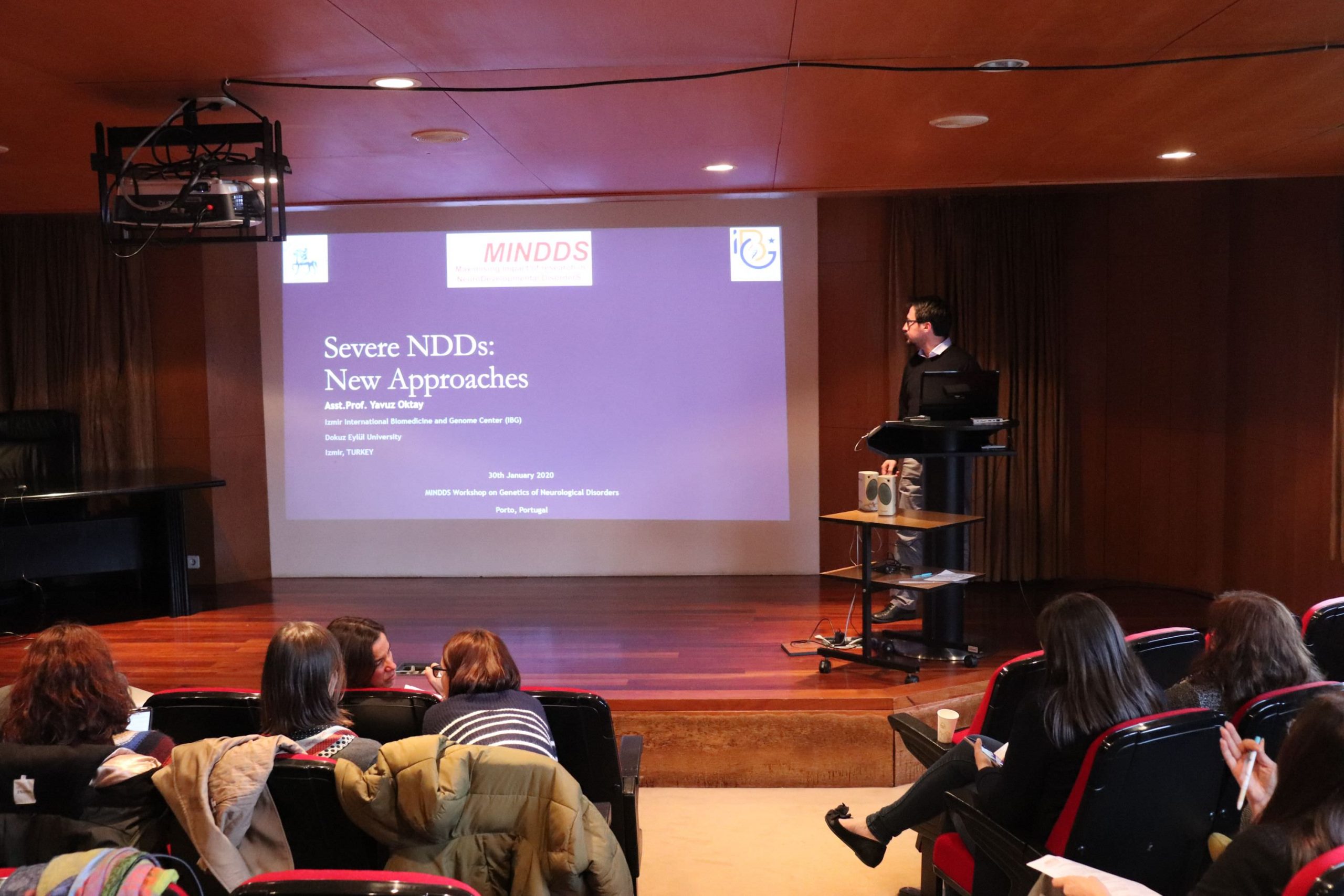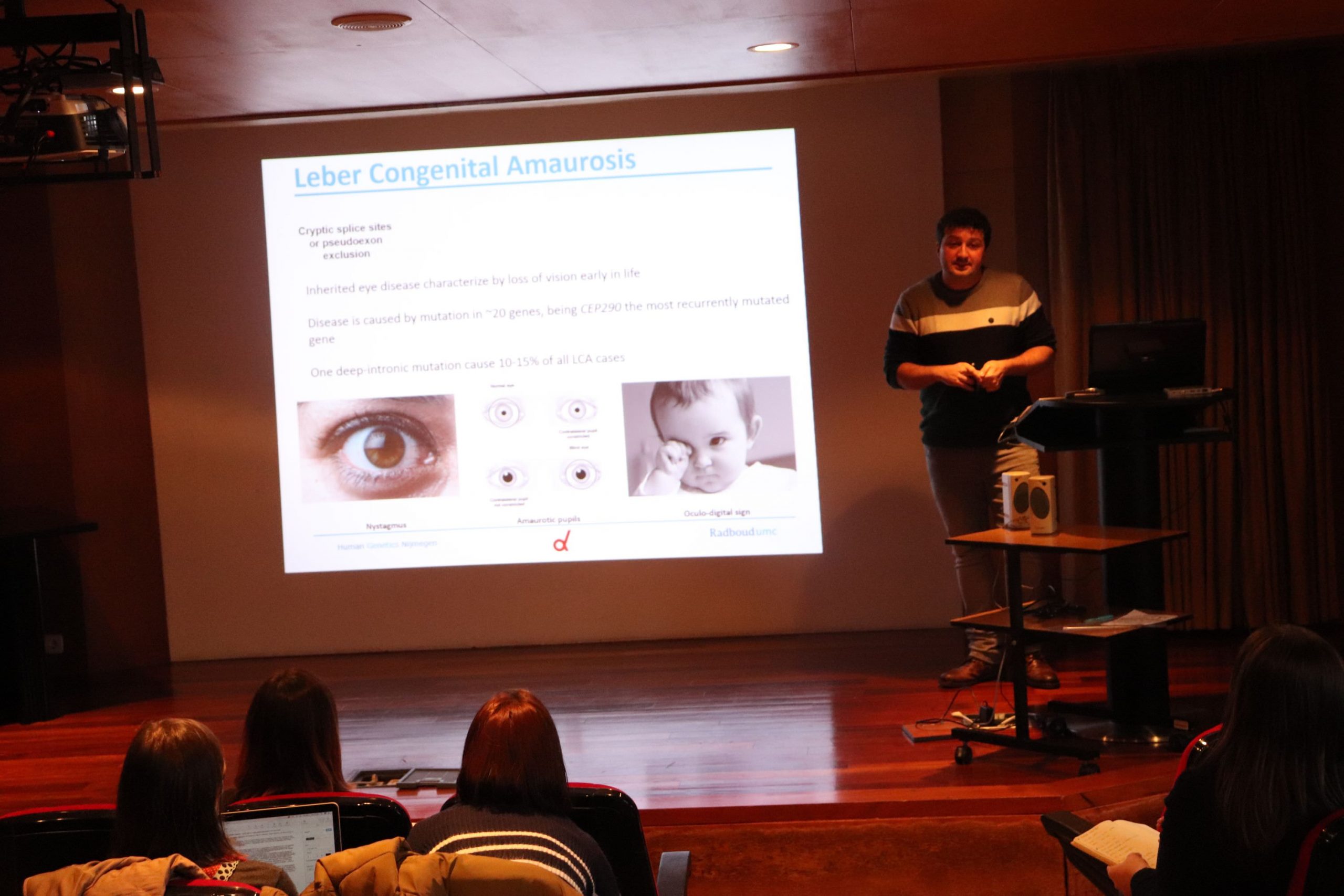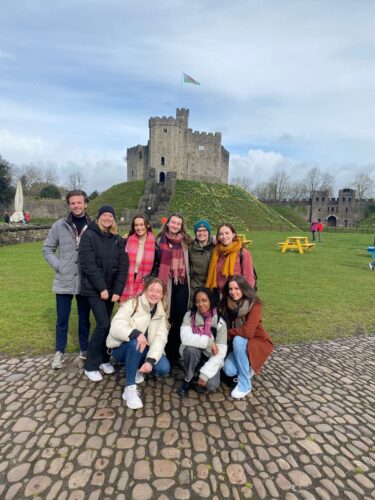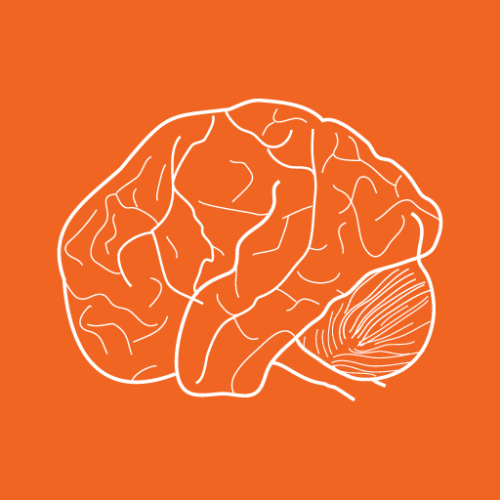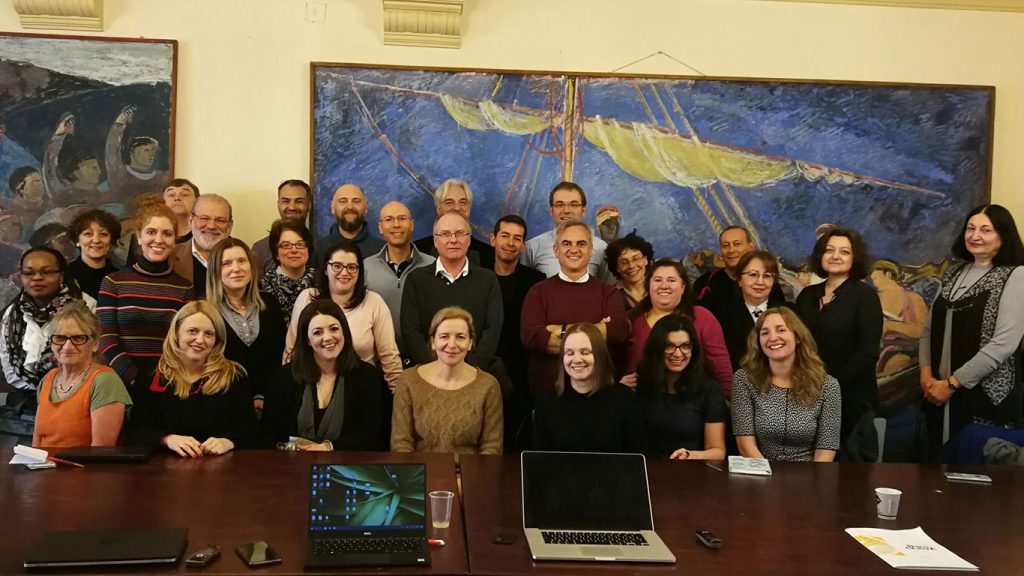January 30th 2020, Porto, Portugal.
Prof. Natália Oliva-Teles, WG1 Leader
On January 30th 2020 MINDDS WG1 organized a Workshop on the understanding of genomic factors increasing susceptibility to neurodevelopmental disorders (NDD), with an emphasis on copy number variants (CNV) carriers, in Centro Hospitalar Universitário do Porto (CHUP)/Centro de Genética Médica Jacinto Magalhães (CGM), Porto, Portugal.
The main aims of the Workshop were:
- To motivate the younger intern doctors and their supervisors (senior medical doctors) to focus on clinical and research aspects concerning NDD and CNV;
- To disseminate some of the latest research on these themes by COST Action 16210;
- To interact with COST ACTION 17103, aiming at future framework cooperation;
- To divulge COST Action 16210 funding opportunities.
The Workshop was composed by two clinical Sessions and a Trouble-shooting Session in the morning, which addressed neurological, psychological and genetic aspects of patients with NDD, mostly carrying CNV, particularly 16p11.2 and 22q11.2 deletions and duplications; the afternoon had a more varied programme, with two Sessions that focused on recent research findings on cytogenomics and genome sequencing regarding NDD-CNV, a Session on COST Action 16210 funding opportunities and, finally, a presentation of the MINDDS-connect (M-con) Project.
The meeting was attended by a total of 34 health professionals invited by COST Action 16210, nine of which were from different European countries (Belgium, France (2), Italy, Spain, The Netherlands (2), Turkey and United Kingdom). The attendees included seven COST members: Yolanda de Diego (Spain), Yavuz Oktay (Turkey), Paula Jorge (Portugal), Joris Vermeesch (Belgium) from CA 16210 and Alex Garanto (CA 17103), as speakers; Natália Oliva-Teles (organizer) and Eleonora Passeri (participant). The workshop was organised by WG1 leader Prof. Natália Oliva-Teles and Doctor Paula Jorge, from CHUP/CGM, Portugal, and the Venue location was Praça Pedro Nunes, 88, 4099-028 Porto, Portugal.
The Speakers and Chairs were as follows:
- Natália Oliva-Teles, PhD. Clinical Laboratory Geneticist, CHUP/CGM
- Paula Jorge, PhD. Clinical Laboratory Geneticist, CHUP/CGM
- Joana Damásio, MD. Neurologist, CHUP
- Susana Silva Santos, MD. Intern, (Pedopsychiatry), Centro Materno-Infantil do Norte (CMIN)
- Carla Carmona, PhD. Clinical Psychologist, CHUP/CGM
- Ana Beleza, MD., PhD., University Hospitals/NHS, Bristol. United Kingdom
- Catarina Prior, MD. Neurologist, CHUP/CMIN
- Yolanda de Diego, PhD. Institute of Biomedical Research of Malaga (IBIMA), Spain
- Arjan de Brouwer, PhD. Assistant Professor, Genetics, Radboud University, The Netherlands
- Yavuz Oktay, PhD. Assistant Professor, IBG-Izmir, Dokuz Eylul University, Izmir, Turkey
- Alex Garanto, PhD. Assistant Professor. Donders Center-Medical Neurosciences, Radboud University, The Netherlands
- François Foulquier, PhD. Research Director at CNRS, niversité de Lille, France
- Joris Vermeesch, PhD. Full Professor, University of Leuven, Belgium
In addition, the workshop was attended by around a dozen other professionals (doctors/scientists) from the University Hospital Centre who showed some interest either in NDD or CNV, which illustrated the relevance of NDD-CNV translation research.
The workshop concluded with a Port of Honour, followed by dinner, during which speakers and attendees discussed their common interests and built possible future joint projects on genomics, NDD and CNV research within MINDDS and other COST Actions.
The feedback from the workshop was very good and most people changed e-mails for future contacts. Eleonora Passeri, MINDDS Communication Manager, posted several pictures on Twitter during the event and some others were sent to our website.
